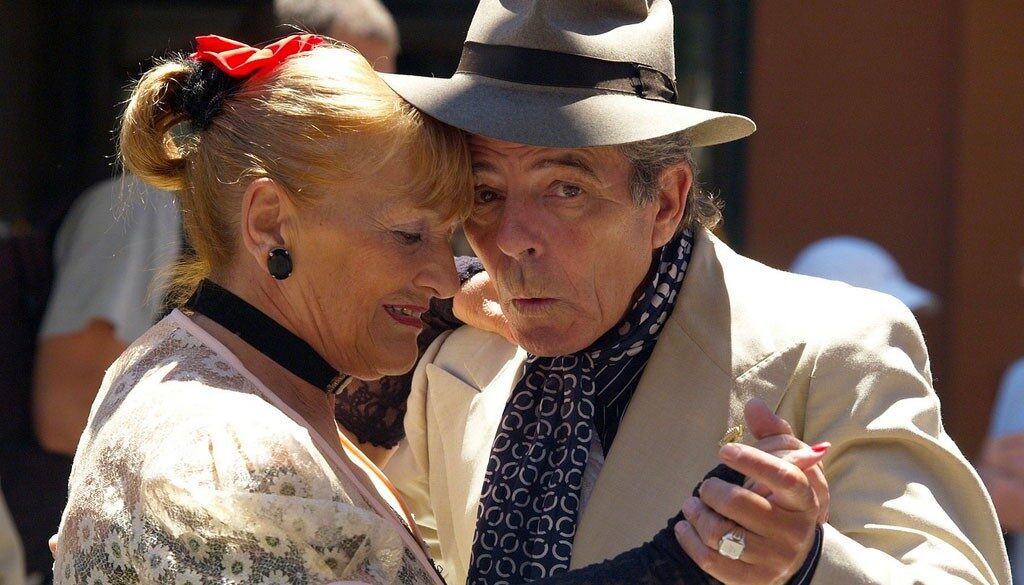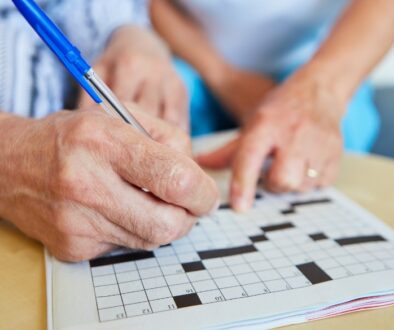6 Health Benefits of Dancing
Scientific Proof Behind the Benefits of Boogieing
- Dance away depression: A group of Australian researchers found that men and women with mood disorders who participated in a two-week tango instruction program felt less depressed, and experienced significant reductions in their levels of stress, anxiety and insomnia.
- Salsaing for strength: A few weeks of salsa dance classes can seriously increase an older adult’s strength and balance, according to a study published in the journal Gerontology. “Salsa proved to be a safe and feasible exercise program for older adults,” say study authors. They also noted the high adherence rate of the program—over 92 percent of the seniors who started ended up completing the eight-week salsa dancing regimen.
- Soft shoeing to alleviate stiffness: Older adults with knee and hip discomfort may be able to swap their pain medications for dancing shoes, a Saint Louis University (SLU) study recently concluded. After engaging in a 12-week, low-impact dance program, participants with an average age of 80 years old were able to decrease the amount of pain medication they were taking by 39 percent. They were also able to move around more easily—a key determinant in remaining independent. “Walking just a little more rapidly can make enough of a difference for a person to get across the street more quickly or get to the bathroom faster, which keeps them functional and independent,” says study author Jean Krampe, Ph.D., assistant professor of nursing at SLU in a press release.
- Waltzing with your heart: People with stable chronic heart failure may derive the same aerobic health advantages from learning how to waltz as they would from more traditional forms of cardiovascular exercise, such as cycling or walking, says a study published in the journal Circulation.
- Defend against dementia with disco: When compared to other leisure activities (e.g. playing golf, doing crosswords, reading, cycling, etc.) dancing appears to offer the best chance of helping stave off dementia. According to a 21-year study led by the Albert Einstein College of Medicine, aging adults who danced regularly had a 76 percent reduced risk for developing dementia. Experts theorize that dancing is beneficial for our brains because it combines cardiovascular exercise with split-second decision making that taxes our neural network, forcing it to create new pathways.
- You can-can do it, in spite of health issues: Parkinson’s disease, dementia, cancer, arthritis, asthma, heart disease: What do all of these conditions have in common? They don’t prohibit you from dancing. Research into using dance as a therapy for each of these ailments has unearthed a host of advantages, with very few risks. However, it’s important to always be sure and check with a doctor before embarking on a rigorous dancing regime, especially for those with pre-existing health conditions.
So consider this your official permission to get out there and dance like no one’s watching!
Source: agingcare.com




